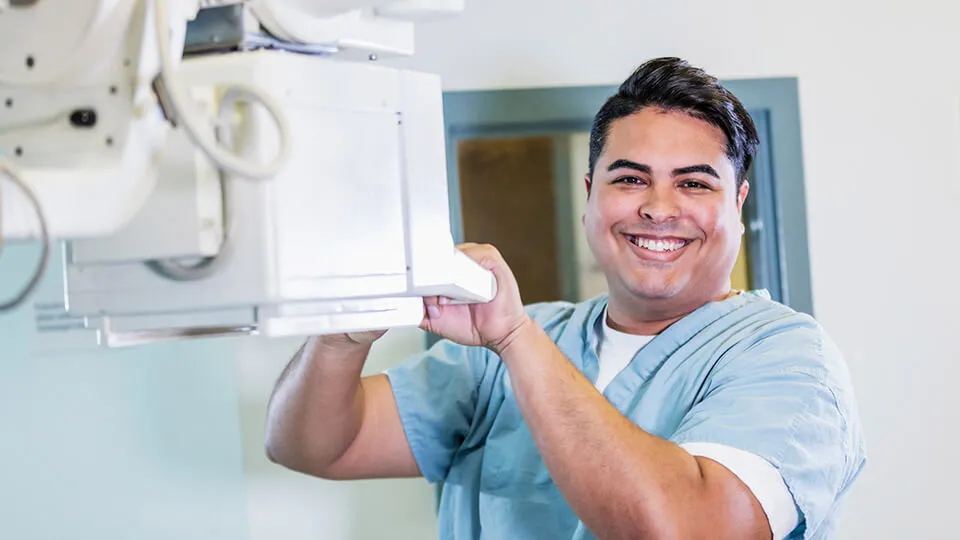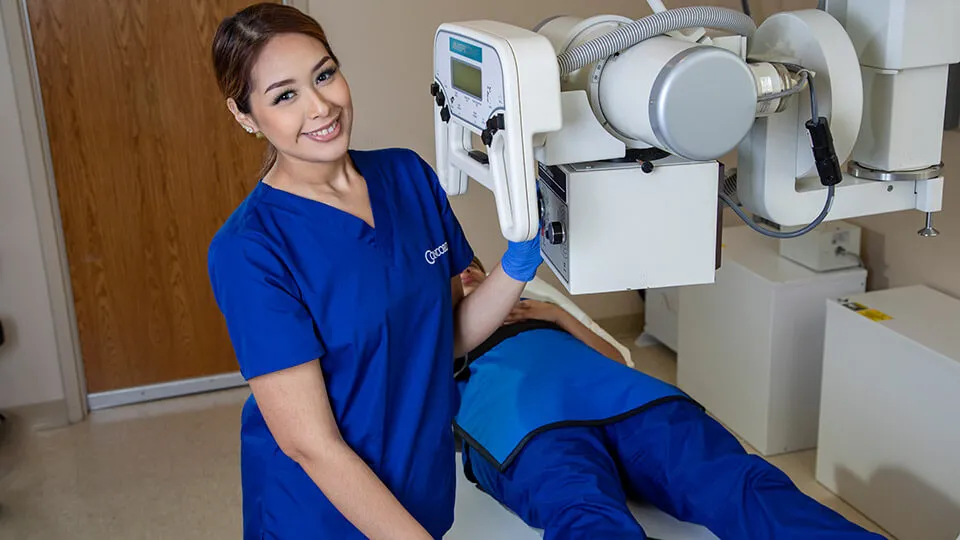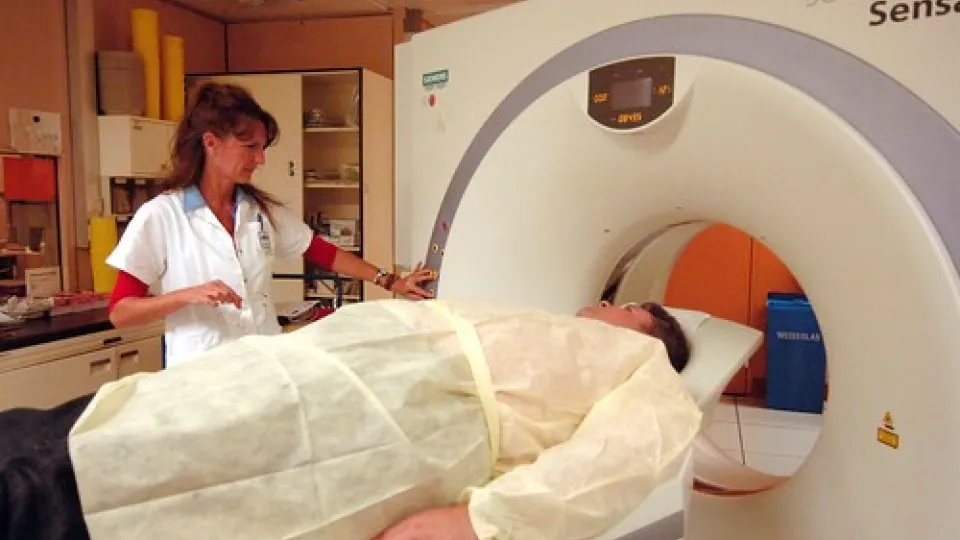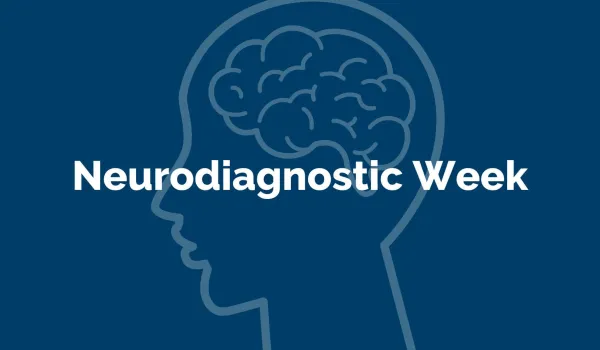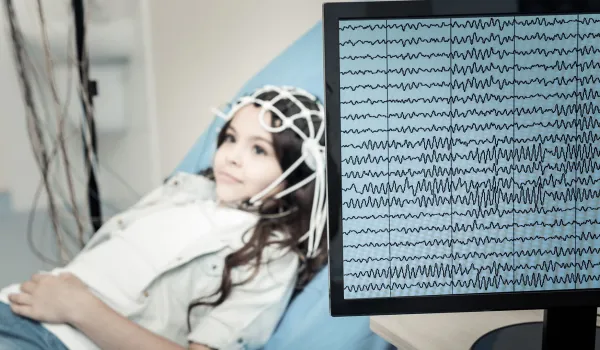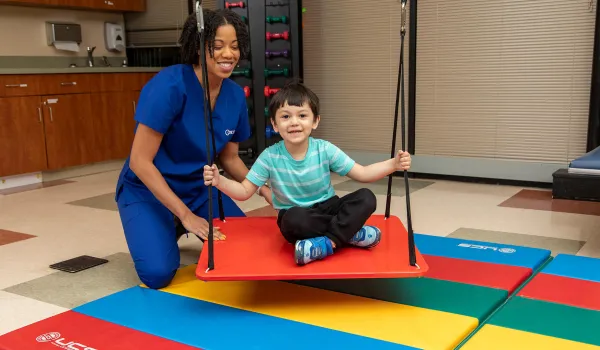Concorde Staff
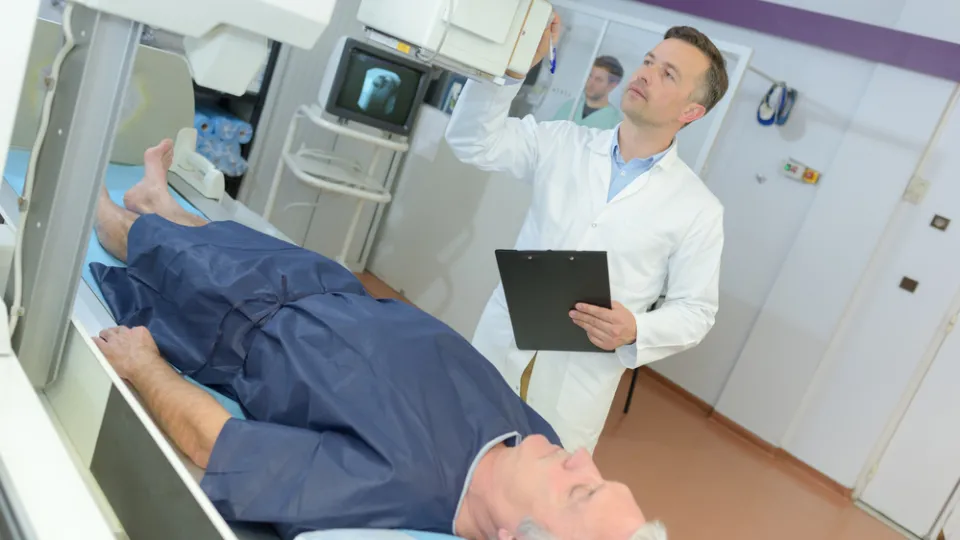
A Radiologic Technologist performs various medical imaging exams, and the images they create are used by radiologists to diagnose patients' ailments. It's a position that requires effective communication abilities, patience and kindness, and the Radiologic Technologist must stay up-to-date on the latest technologies and equipment.
"It is extremely important in this field that technologists make sure patients feel comfortable and are satisfied with their experience," said Jennifer Daniels, BSRS, RT(R)(CT), Director of Concorde Radiologic Technology Programs in Tennessee.
Radiologic Technologist Specialties
In addition to diagnostic X-ray, the Radiologic Technologist also can specialize in mammography, computed tomography or bone densitometry, to name a few. Radiologic Technologists can be employed at state, local and private hospitals, physicians' offices, and medical and diagnostic laboratories.
"The demand for Radiologic Technologists should continue to stay strong since there is a large aging population in need of imaging to diagnose and treat medical conditions," Daniels said.
The U.S. Bureau of Labor Statistics projects employment growth of about nine percent between 2014-2024 for this profession - 17,200 new positions.
Ten more reasons why Radiologic Technologist might be the health care profession for you
- Active work environment - If you enjoy working with your hands and being active during your work shift, then this is a good career path for you.
- Long weekends - Many technicians work three 12-hour shifts, then enjoy prolonged down time.
- Can work alone or in groups - Although you will work with others at times, the job offers a great deal of autonomy and allows you to make your own decisions.
- Helping people - It adds to job satisfaction when you see that your work actually is helping others and making a difference.
- Work where you want - Since there are so many jobs that need filled, you almost are guaranteed that you can get a job in any area you want to move.Can expand into other fields - Although the future for the aspiring Radiologic Technologist seems promising, there are several other careers that could be pursued, such as diagnostic medical sonographers, cardiovascular technologists and technicians and nuclear medicine technologists.
- Job outlook and security - Prospects look particularly promising for this occupation because of this country's aging baby boomer population, which probably will deal with breaks and fractures caused by osteoporosis and other factors.
- Only takes a two-year degree - A two-year associate's degree is the most common route to becoming a Radiologic Technologist, with some states also requiring a license. There also are specializations you can learn, the most common being the MRI specialization.
Concorde can get you to your associate's degree in 20 months through comprehensive technical training that prepares you for successful entry into the field. Call your local or area Concorde campus today and find out all we have to offer to get you into the rewarding health care career of your dreams.
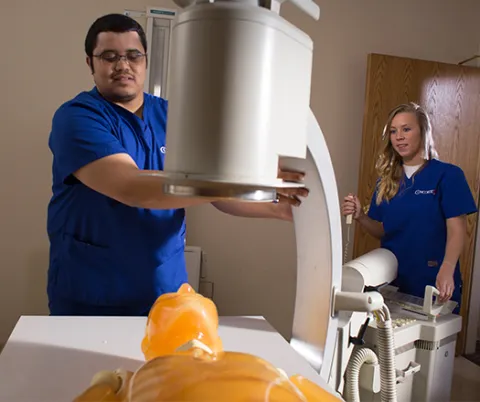
Next Steps?
Interested in learning more about our Radiologic Technology program? We have a Concorde representative ready to talk about what matters most to you. Get answers about start dates, curriculum, financial aid, scholarships and more!
